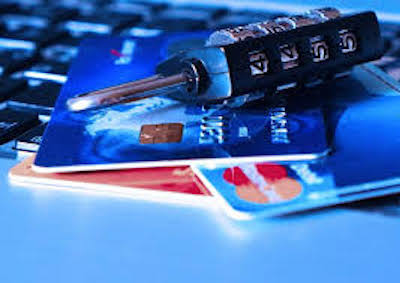|
One of the many benefits offered through the FA Benefit Fund is legal assistance with matters of identity theft.
We know of members who have been victimized with the most recent permutation—unemployment benefits fraud—so we share the following guidance below from Mirkin & Gordon, our legal benefits provider.
As many public sector employees are aware, the pandemic has provided an opportunity for identity thieves to fraudulently access unemployment benefits, which were expanded to cushion the consequences of layoffs. This occurs when someone files a false claim with the Department of Labor using another individual's personal information and collects unemployment benefits in the victim's name. The victim usually learns this has happened when their employer receives a "notice of potential unemployment benefits charge" from the Department of Labor.
If this happens, you should immediately report the fraudulent claim to the New York State Department of Labor using its 24-hour hotline number 1-888-598-2077. Alternatively, it can be reported via the DOL report fraud website.
Identity theft
In the past, other identity theft scams caused public sector employees to seek legal guidance to cope with the consequences. The approaches provided then are still valid.
Immediate steps to take
If you think you are a victim of an identity or personal information theft, take the following steps immediately:
- Contact the fraud departments of the three major credit bureaus and report that your identity has been stolen. Ask that a fraud alert be placed on your file and that no new credit be granted without your approval: Equifax 1-888-298-0045 or Equifax.com, Experian 1-888-397-3742 or Experian.com and TransUnion 1-800-680-7289 or TransUnion.com.
- If fraudulent charges have been made to an existing credit card or account, contact the security department of the applicable creditors or financial institutions. Close these accounts and put new passwords on new accounts. Use passwords that are not easy to guess.
- File a police report in the jurisdiction where the identity theft took place. Get a copy of the report in case you are requested to provide proof of the crime later.
- Contact the Federal Trade Commission (FTC) which provides victims with information to help them resolve the financial and other problems that can result from identity theft. The FTC Identity Theft Hotline is 1-877-ID-THEFT (1-877-438-4338).
Prevention
The following steps can reduce your risk of identity theft.
- Guard your social security number. It is the key to your credit report and accounts and is the prime target of criminals.
- Monitor your credit report, bank accounts and credit card statements.
- Shred all old bank and credit statements as well as junk mail credit card offers before trashing them. Use a crosscut shredder, which costs more than regular shredders but provides superior protection.
- Do not mail bill payments and checks from home. They can be stolen from your mailbox and washed clean in chemicals. Take them to the post office.
- Do not print your social security number on your checks.
- Examine the charges on your credit card statements before paying them.
- Never give your credit card number or personal information over the phone or via email unless you have initiated the call and trust that business. Only use email if it can be encrypted.
- Subscribe to a credit monitoring service that will notify you whenever someone applies for credit in your name.
- Do not respond to unsolicited emails or click on embedded links.
Legal plan assistance
If you think you are a victim of identity theft, consult an attorney through the Benefit Fund's plan of legal services benefits. Contact Mary Kaffaga in the Benefit Fund office to learn more.
|
